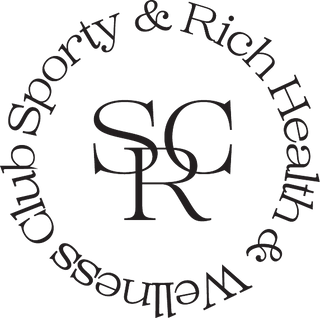
By: @drmelissa_co
IgG Food sensitivity testing is one of the tests I receive the most questions about in my practice, and yet it is one of the tests I order the least. Below are the ins and outs of food sensitivity testing, also known as an FST.
Each one of us is genetically unique and will have different genetic predispositions for how we digest foods. Furthermore, our diets during childhood and adulthood, lifestyle habits, environmental exposures, medication use, and other factors will play into how well our gastrointestinal tract functions, digests foods, absorbs nutrients and eliminates wastes. When we experience symptoms — whether they are digestive symptoms like bloating, gas, irregular bowel movements, reflux, skin issues, weight changes, depression or irritability, headaches, hormone imbalances, asthma, and other chronic diseases — it is important to note that they may be in part a reflection of consuming foods that are not suitable to our unique bodies and lifestyles. So the question is, can food sensitivity testing tell us more about which foods work for us and which do not?
IgG food sensitivity testing is done via blood draw and the blood sample is then exposed to various foods or substances and measured for the total immunoglobulin (IgG) antibodies. Antibodies are produced by the immune system in response to a trigger, like a food, a bacteria or virus. The human immune system produces a variety of different immunoglobulins (IgA, IgE, IgM, etc.) in response to different types of triggers. IgE antibodies for example are released in an allergic response. If you are allergic to peanuts, for example, your immune system will produce IgE when you have a peanut exposure. IgG antibodies on the other hand, are released in scenarios unrelated to allergy. Note also that IgG antibodies are unrelated to conditions like lactose intolerance or celiac disease.
When IgG antibodies are produced after the blood is exposed to a certain ingredient, it is showing that the immune system is mounting a reaction. This reaction provides us with a snapshot of a person’s immunological response, but a rise in IgG does not necessarily mean the person is sensitive to the food being tested.
At this time, immunologists and allergists do not seem to have a definitive answer as to whether or not high IgG in response to a certain food means there is food sensitivity or that the food in question is causing symptoms in the person being tested. It has been suggested that a subtype of IgG called IgG4 actually suggests tolerance to a food. In other words, food sensitivity testing does not provide a definitive answer as to whether or not a food is right for you.
While the accuracy and usefulness of the information provided by an FST is one challenge, the other is cost. Regardless of the lab used, these tests tend to require a steep financial investment. They may also be costly in terms of potentially harming a patient’s relationship to food; a patient may end up avoiding many foods unnecessarily or for too long.
Clinically speaking, if a patient has already done the test or we have excluded all other diagnoses and are considering an FST, it is important to do this under the supervision of a skilled and licensed provider. As mentioned, this test provides a snapshot of a person’s immunological response and can provide us with information beyond what foods are provoking an IgG response. For example, if a patient reacts to few or zero foods or reacts to a large number of foods, clinically this can tell us more about health in other ways and may guide treatment.
Typically in my practice, I prefer to use modified elimination diets where we remove potentially offending foods, like high FODMAP foods or foods that have shown a connection in the research with the patient’s symptomology. I also integrate the wisdom of ancient healing traditions like Traditional Chinese nutritional medicine, and adjust a patient’s diet accordingly. For example, if a patient presents with acne, it is likely that we will eliminate dairy from the diet for 3 to 6 months while making other dietary modifications and introducing other naturopathic therapeutics like nutritional supplements, acupuncture, or herbal medicines. Gut healing is typically a primary target of most treatments, regardless of symptoms as a healthy gut can tolerate a wider variety of foods. After this period, we will do a slow reintroduction of the foods eliminated in order to gauge how the patient’s system responds. From here, we can create a maintenance plan.
As always, speak to your licensed medical provider before opting into any form of testing. Ask about pros and cons, the accuracy of the tests you are considering, how the results will impact your treatment plan, and if any other tests may be relevant to rule out other potential causes of your symptoms. If you decide to do an FST or an elimination diet, also do so under the supervision of a doctor or licensed provider to ensure your diet is nutritionally sound, and you do not create nutritional deficiencies or cause harm.
References:
https://www.ncbi.nlm.nih.gov/
https://pubmed.ncbi.nlm.nih.















